Severe Weather Preparedness Week
Preparedness Saves Lives
There is nothing we can do to stop severe thunderstorms, lightning, tornadoes or floods from developing. However, there are things that everyone can do to minimize the impacts of severe weather on our lives.
What you can do to be prepared:
- STAY INFORMED
This can be done by monitoring a weather alert radio, local radio & TV broadcasts, NWS web pages, or various applications on computers and smart phones.
DON'T just rely on one method - especially storm sirens - which are NOT designed to be heard indoors by everyone.
- HAVE AN EMERGENCY PLAN
Do this for your home, business, schools and when you are traveling. Designate places to go to seek safe shelter from a tornado or severe thunderstorm. Pick two places to meet in case you are separated from your family or co-workers.
While traveling or when away from home, know the names of the locations you are visiting - especially county and city names.
- PREPARE YOURSELF & YOUR HOME FOR AN EMERGENCY
Learn how to use a fire extinguisher, how to administer CPR, and how to turn off the electricity, gas and water supplies in your home.
Inspect your home for potential hazards such as weakened trees or limbs, cracked windows or worn roofing.
When you build a new structure - or renovate an existing one - there are ways to prevent wind damage to roofs, upper floors and garages. Rafters, trusses, walls and doors can all be reinforced.
- HAVE AN EMERGENCY SUPPLY KIT
Some storms produce power outages that will last for several days. Having the following items will help you cope with the disaster:
- Bottled water
- Non-perishable food
- Flashlights & extra batteries
- Extra clothing & blankets
- An extra set of keys & cash
- Medications & a first aid kit
- Personal hygiene items
- Pet supplies
- A weather alert radio or portable AM/FM radio
"By failing to prepare you are preparing to fail."
-- Ben Franklin


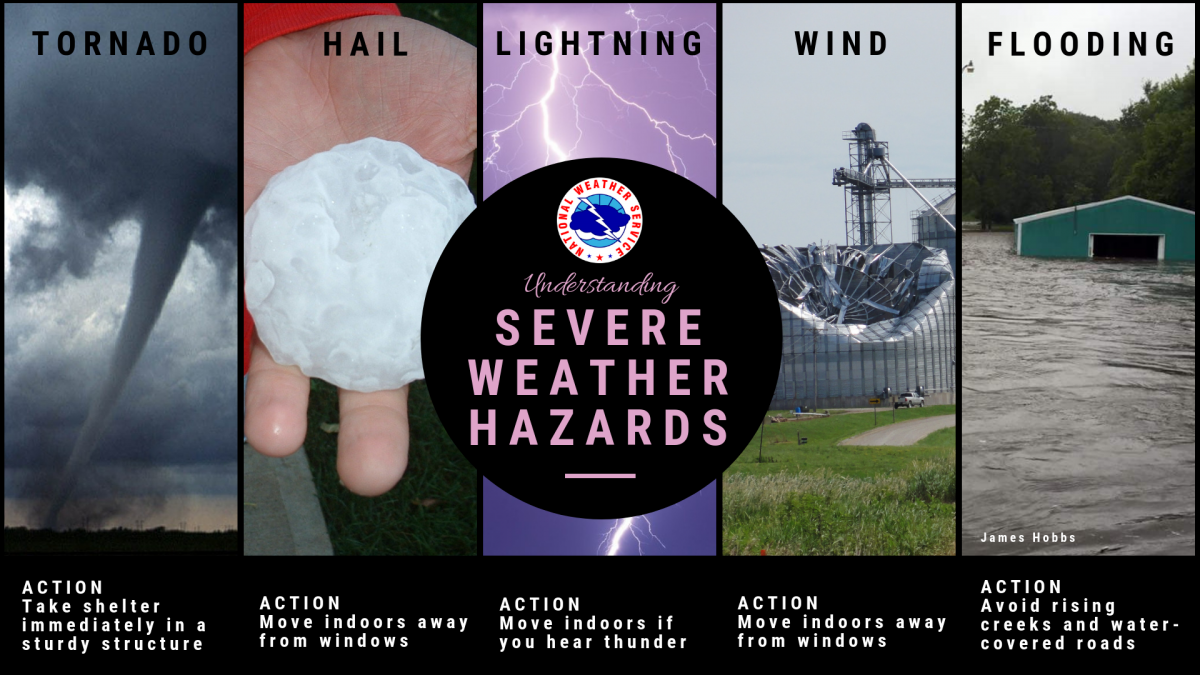 1
1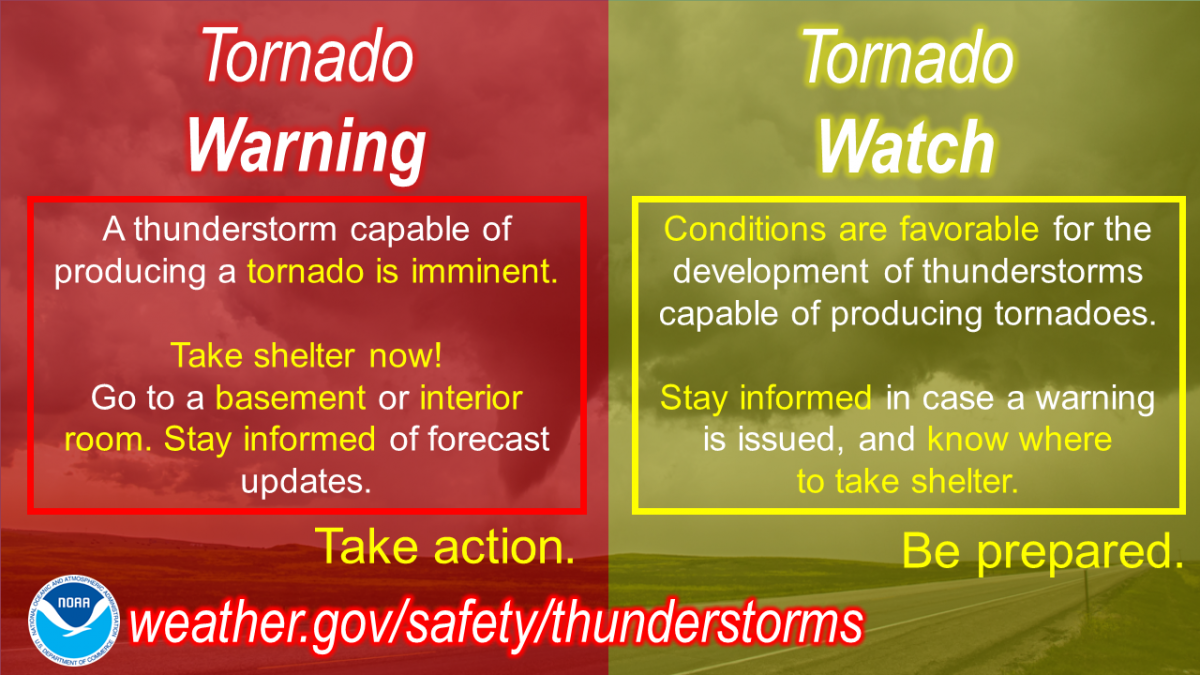 2
2 3
3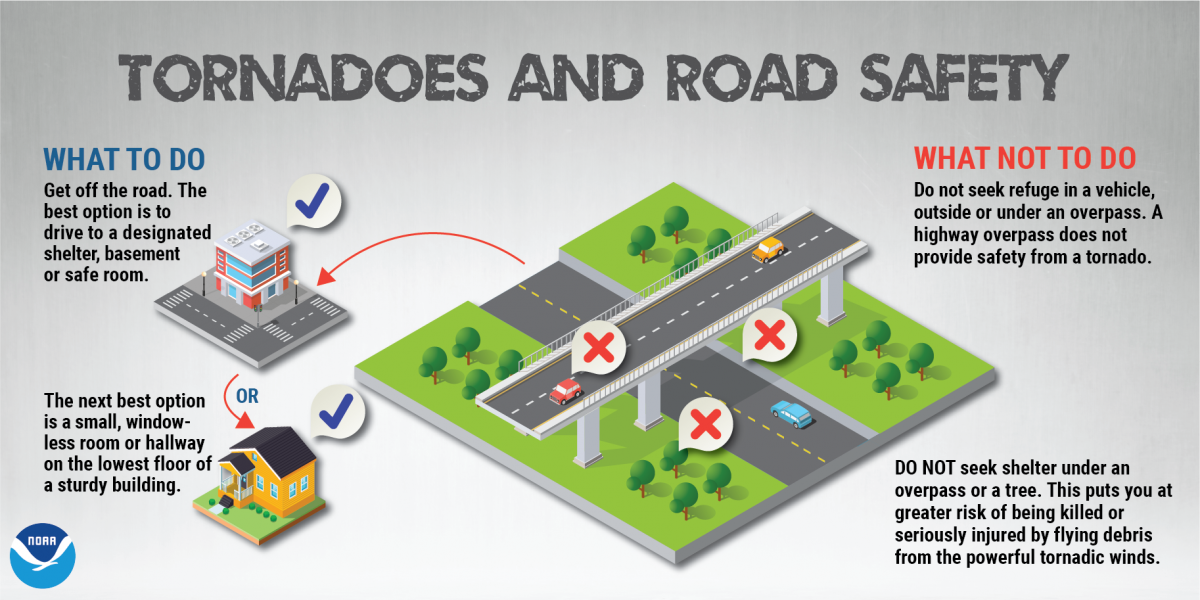 4
4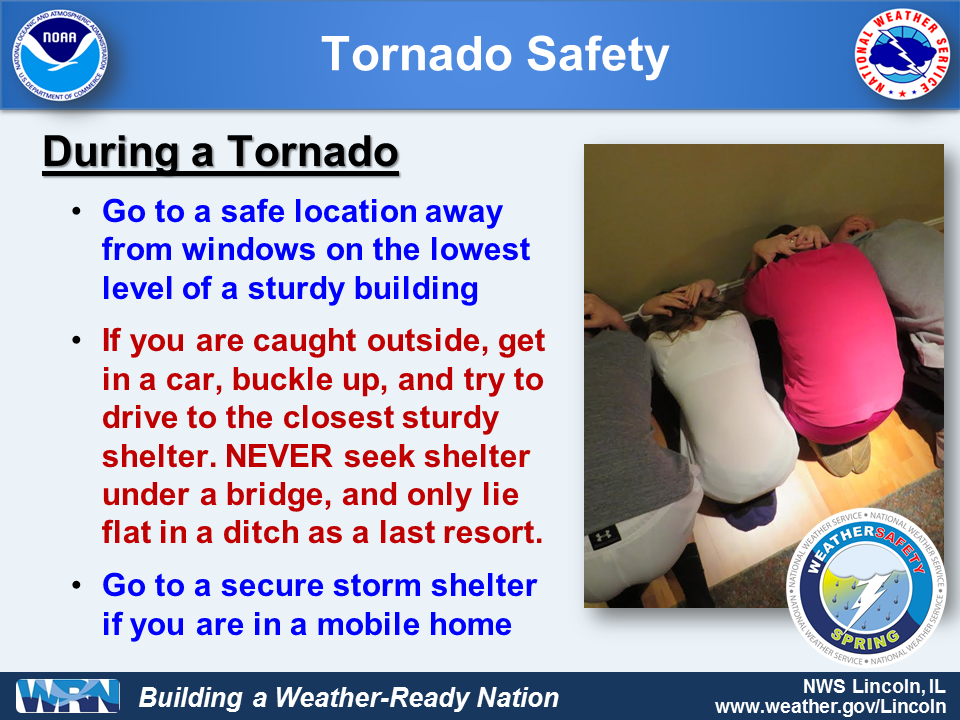 5
5 6
6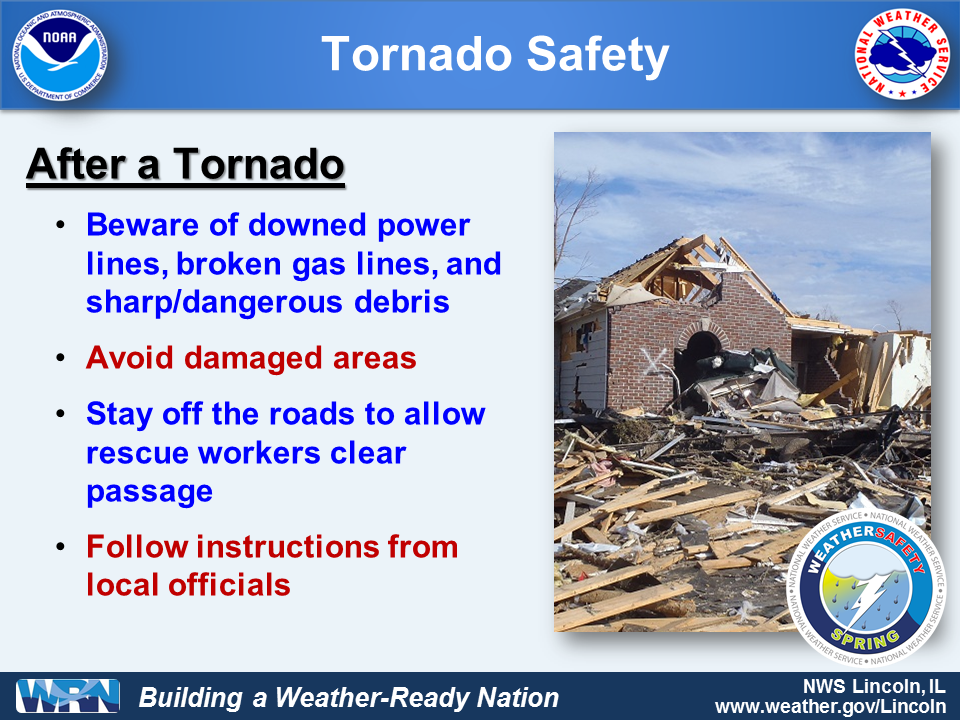 7
7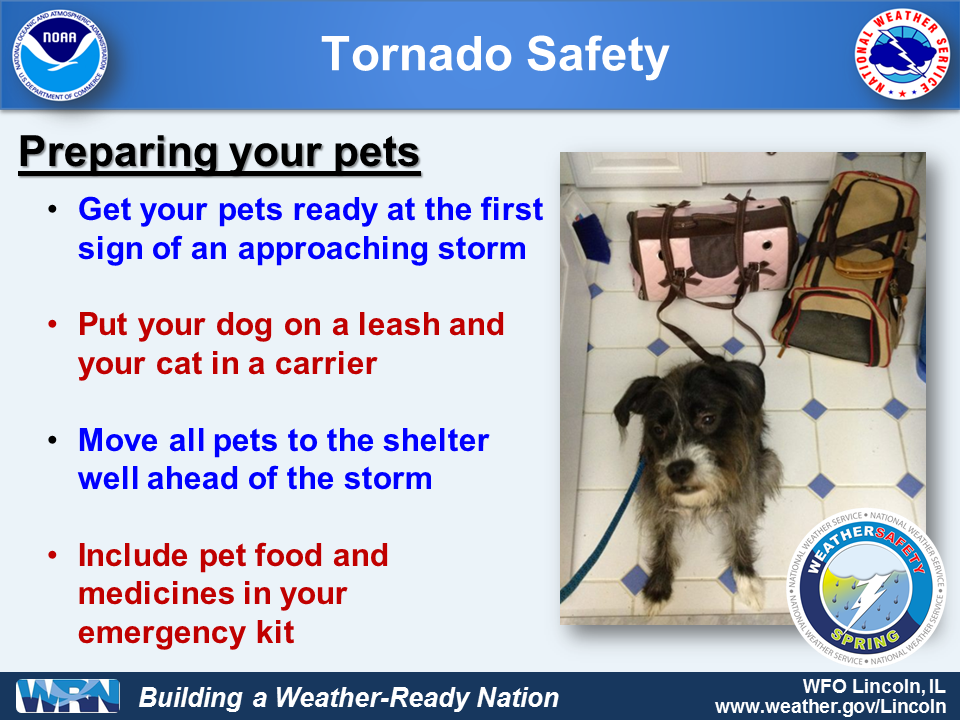 8
8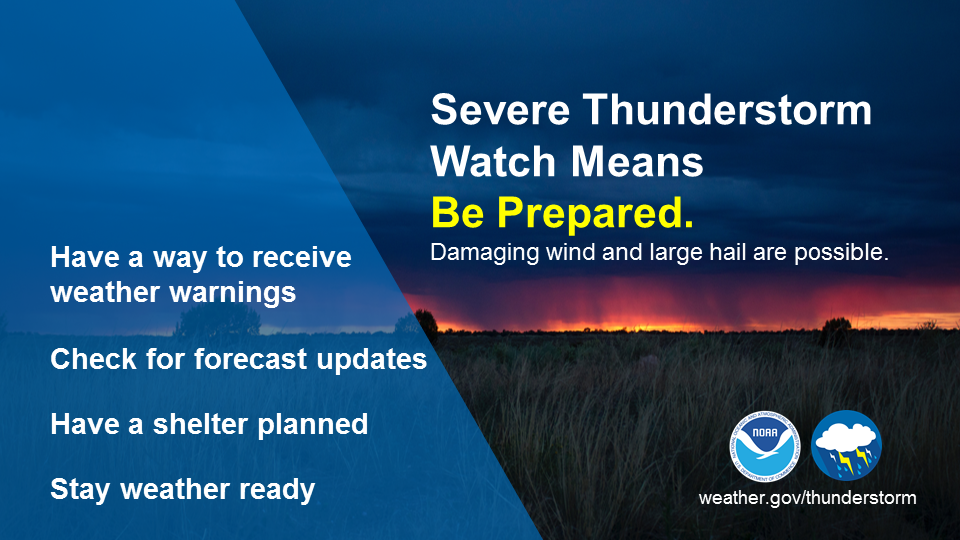 11
11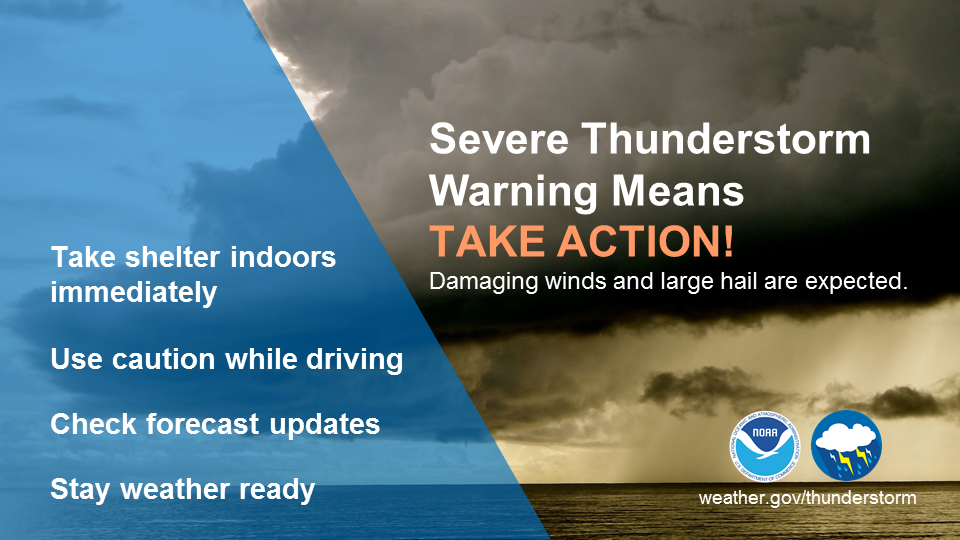 12
12 13
13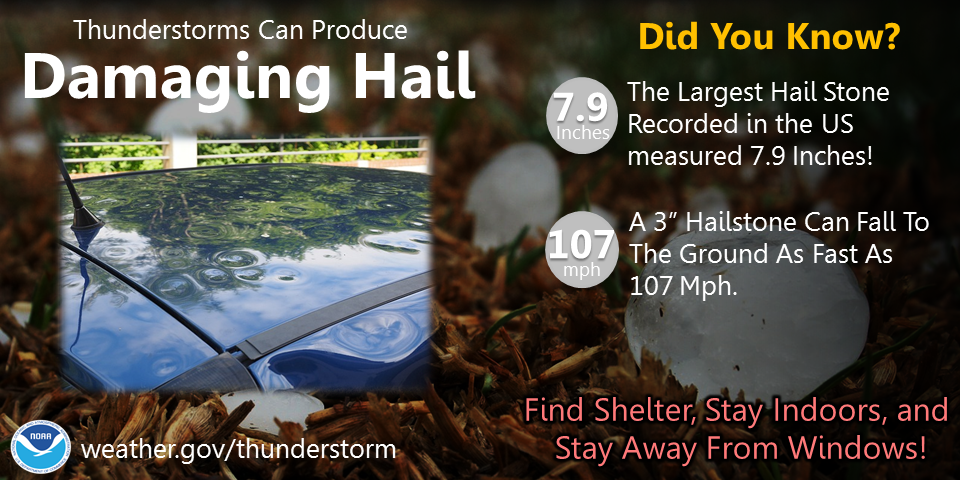 10
10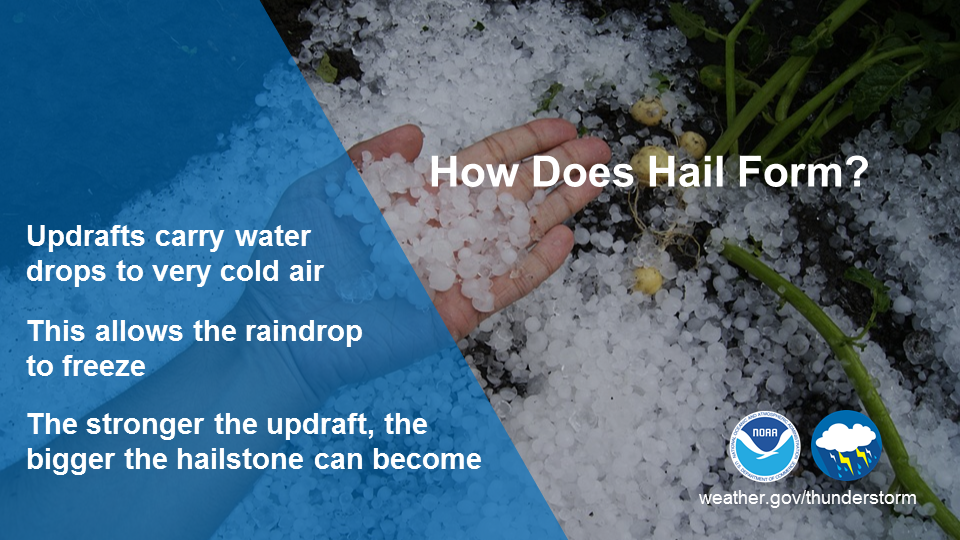 9
9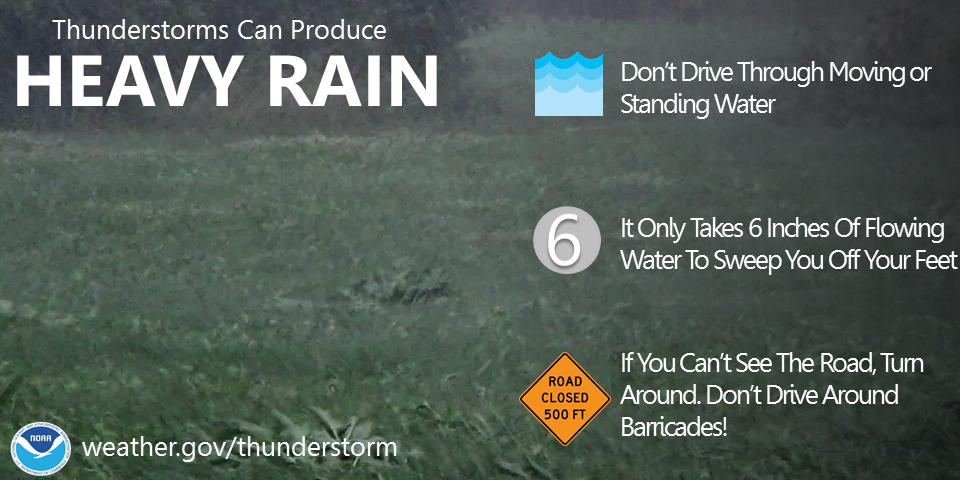 14
14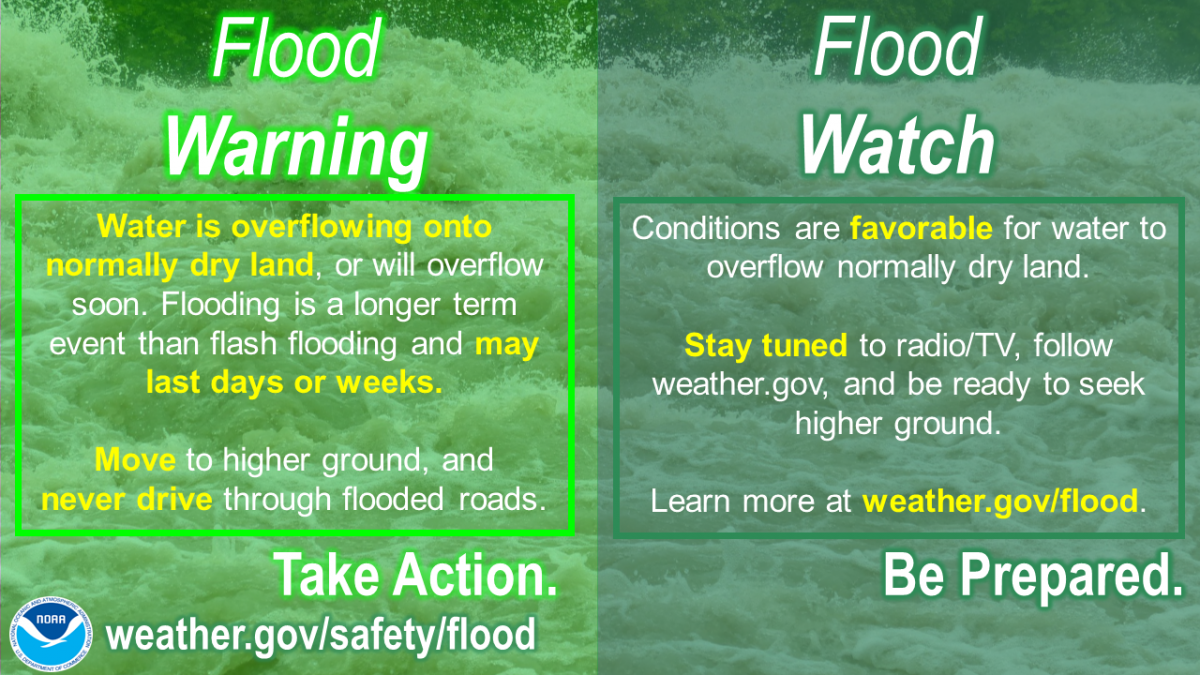 19
19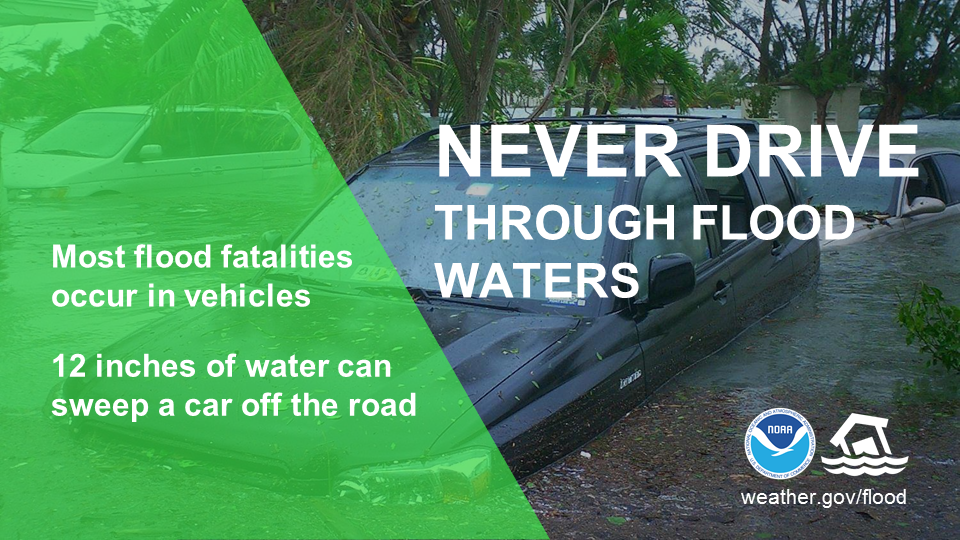 15
15 16
16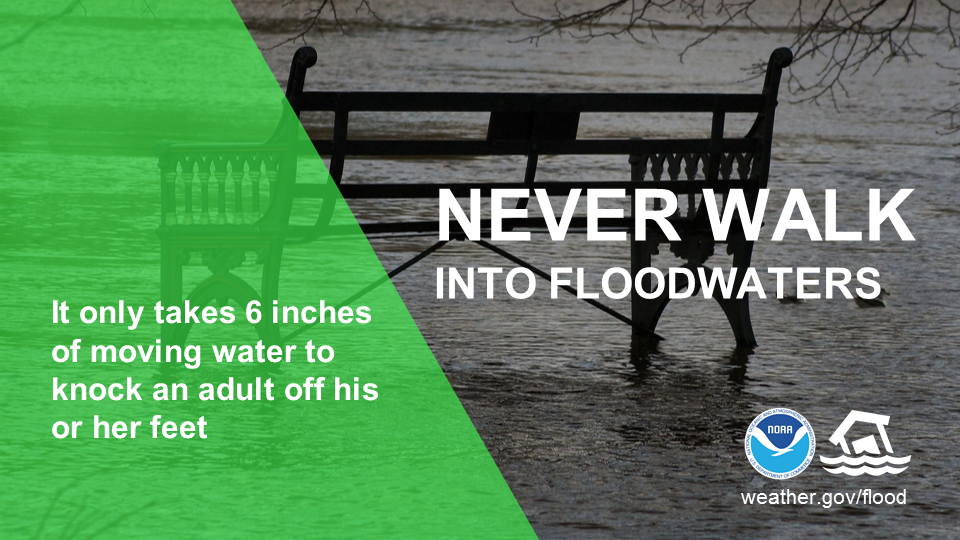 17
17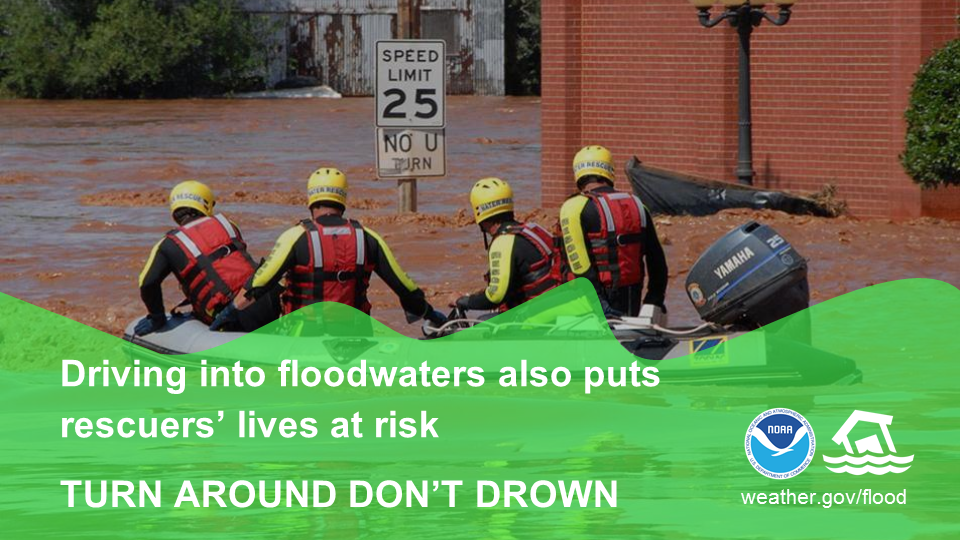 18
18 21
21 22
22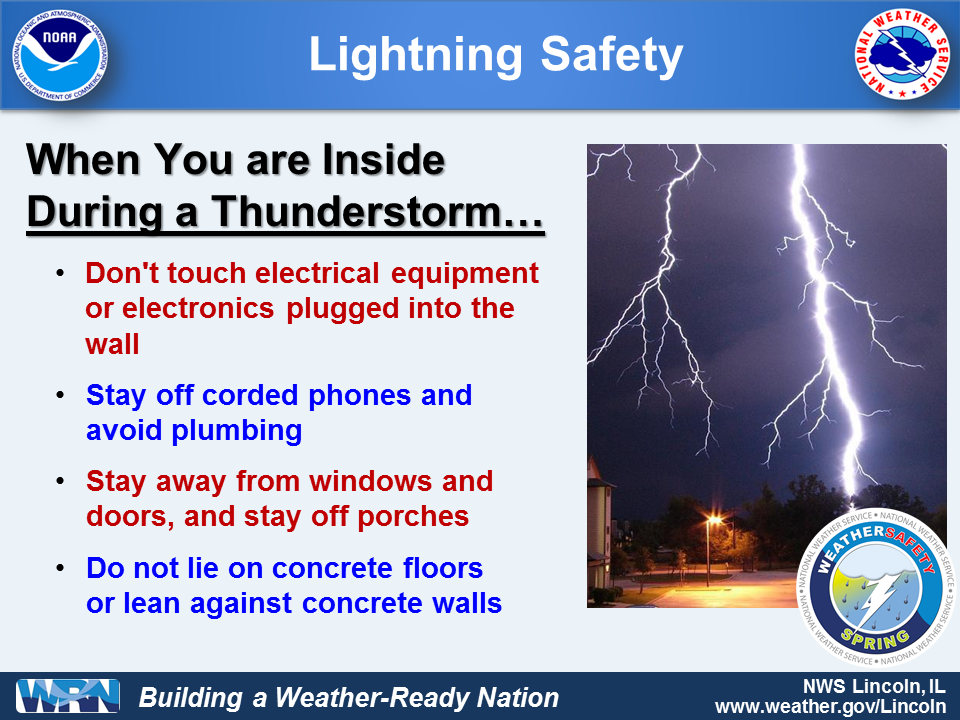 23
23